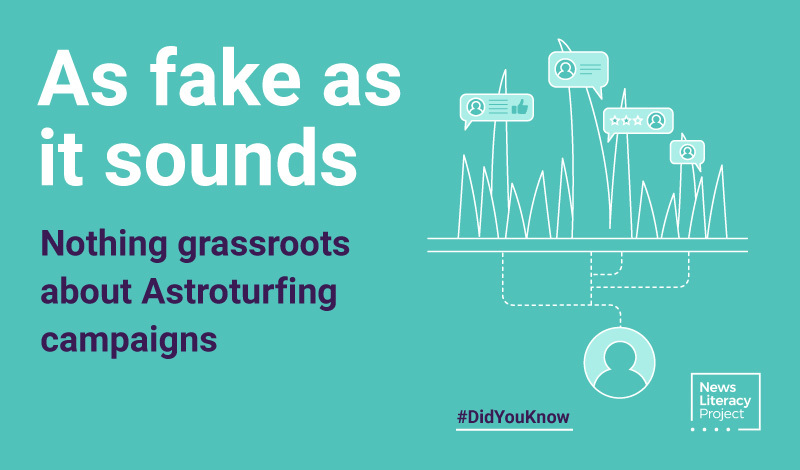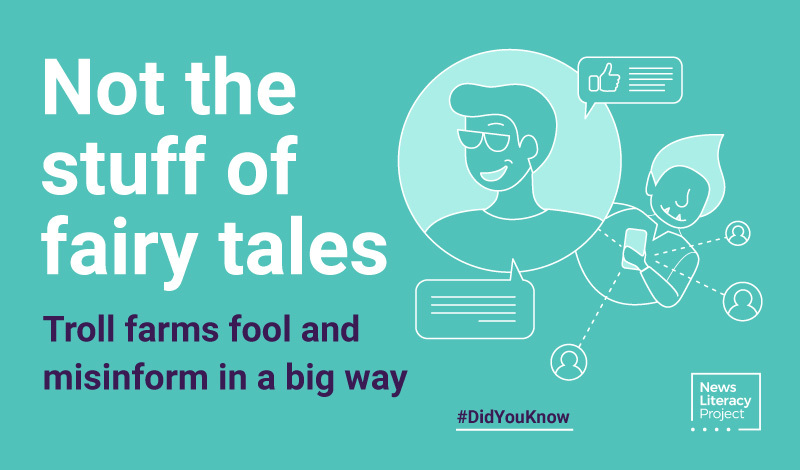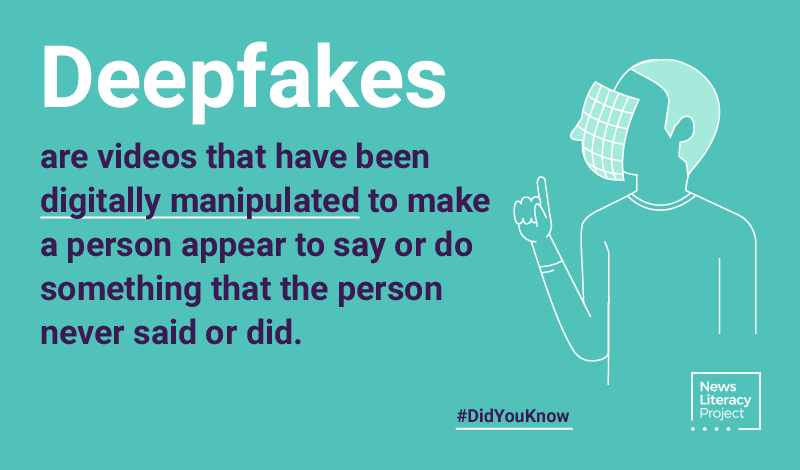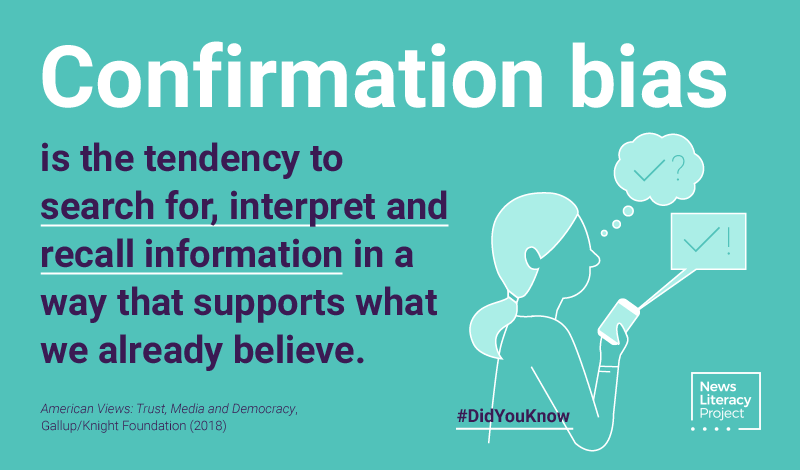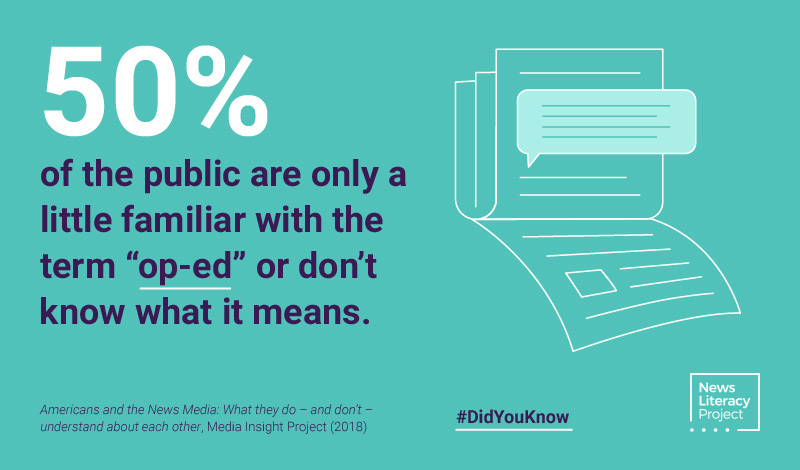
Did You Know?
Social media use drives false COVID-19 beliefs
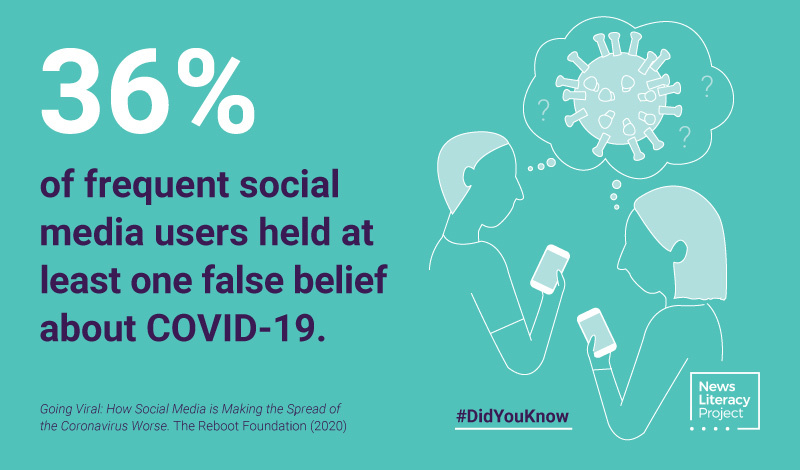
A recent survey by The Reboot Foundation indicates that social media plays a large role in promoting myths about COVID-19, according to the organization’s April 2020 report.
Going Viral: How Social Media Is Making the Spread of the Coronavirus Worse noted that containment of the virus depends on individual actions based on credible, factual information. But the “infodemic” around the virus can interfere with the American public’s efforts to access reliable content, particularly on social media. And some content can leave consumers feeling indifferent toward the pandemic or overconfident in their knowledge about it.
The findings from the foundation, a Paris-based nonprofit that supports efforts to integrate critical thinking in daily life, are based on a representative 30-question survey of more than 1,000 people across the country, and the tracking of individual COVID-19-related social media posts.
Key takeaways
- 29% were misinformed on at least one aspect of the virus.
- 26% believed that COVID-19 will likely die off in the spring.
- 10% thought regularly rinsing their nose with saline will help prevent the virus.
- 12% believed that people created COVID-19.
- Approximately 20% believed that the outbreak was not a serious issue.
Overconfident
In addition, respondents thought they were more knowledgeable about COVID-19 than they were:
- More than 55% of respondents claimed that they were “very informed” or “extremely informed” about COVID-19.
- 42% said that they were “somewhat informed.”
- 3% felt “not very informed” or “not at all informed.”
Also note
Another recent study examined COVID-19 misinformation on Twitter and found that 25 percent of virus-related tweets contained wrong information. Another 17 percent of tweets spread unverifiable information, according to the study.
Also, the Reboot Foundation funded a study that delivered similar results regarding false health news on social media. Released as a preprint, the study looked at all health-related posts on one of the most popular Facebook groups in Europe. They found that 28 percent of the group’s posts related to health were inaccurate.
